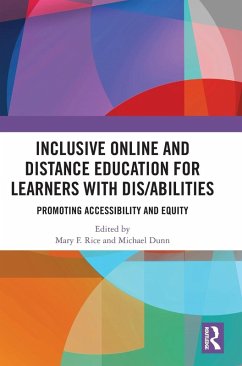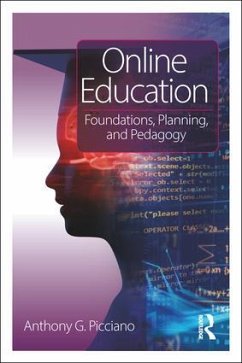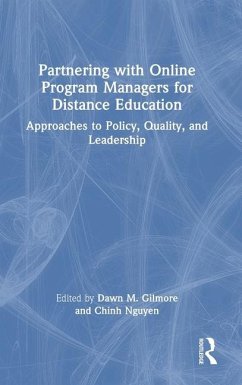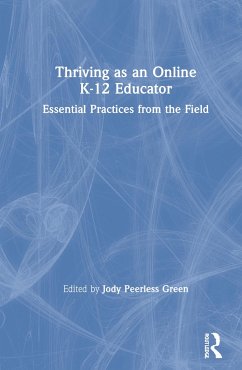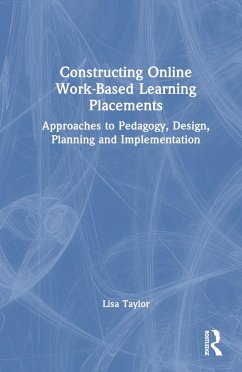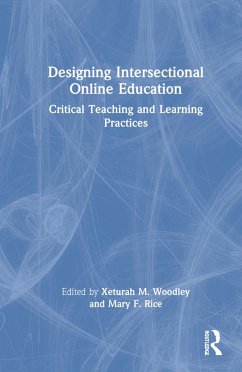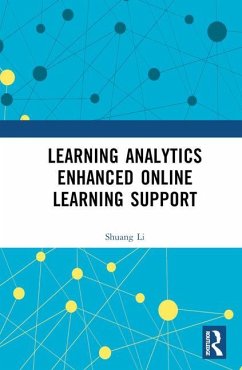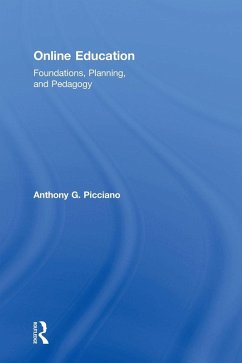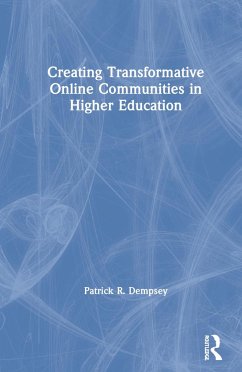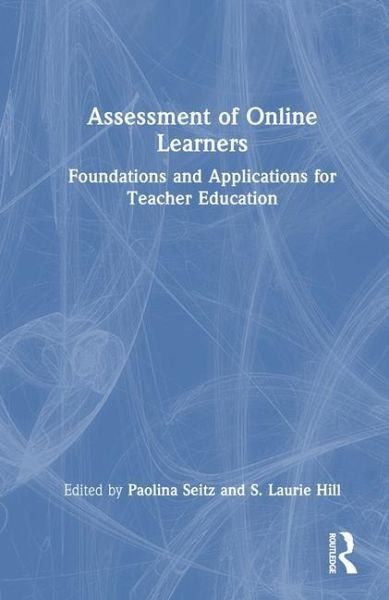
Assessment of Online Learners
Foundations and Applications for Teacher Education
Herausgeber: Seitz, Paolina; Hill, S. Laurie
Versandkostenfrei!
Versandfertig in 1-2 Wochen
172,99 €
inkl. MwSt.
Weitere Ausgaben:

PAYBACK Punkte
86 °P sammeln!
Assessment of Online Learners offers essential foundations, insights, and real-world examples for pre-service teachers preparing to assess students in today's digitized classrooms.





